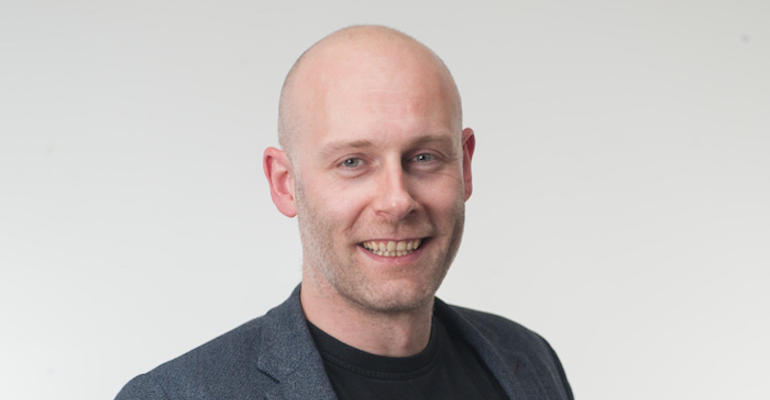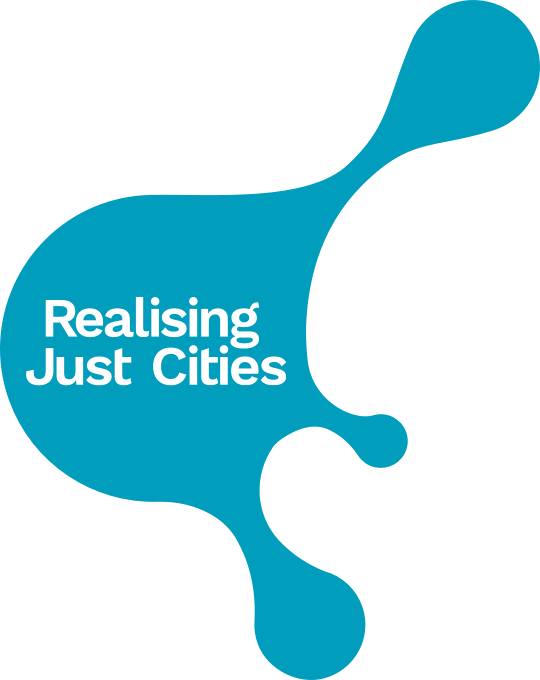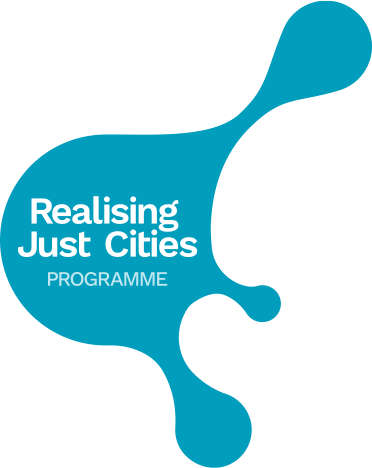Innovating Local Democracy

As part of our commitment to co-production, Jam and Justice Action Research Collective members had access to a personal knowledge exchange and impact budget to support institutional and sectoral learning and take findings back into different worlds of work and life.
Andrew Burridge drew on his allowance to attend a two-day conference on 27th and 28th January 2020 focusing on innovating local democracy. Partners included the Department for Digital, Culture and Media, the Ministry of Housing, Communities and Local Government and Luminate.
The conference discussed the following programmes: Public Square, Innovation in Democracy (sharing the learning from three local government pilots) and Catching the Deliberative Wave by OECD. The conference also shared case study examples of projects from local government across the country through break-out workshops and “unconference” discussions. The conference was attended by organisations comprising Government departments, thinktanks, charities, local government, research consultancies (as opposed to local community groups or people attending as citizens).
Andrew reflected that:
My overarching conclusion was that over the last five years the interest in this agenda has increased and we have a greater “coalition of the willing” seeking to transform the way public services take decisions and empower communities. This was reflected by the diverse set of attendees (including from the States and Canada), the opening address from a Government Minister, and in a symbolic sense, the ability of a conference based in Manchester to draw attendees from London and abroad.
We may be approaching a “tipping point” as ideas that were seen as interesting innovations become to be seen as more mainstream ways of doing business and achieving long held policy goals. Viscount Younger’s opening addressed stated that Government is committed to devolving power down to places and people. He stated that Government want to encourage active citizenship and for more people to engage in local democracy.
There were powerful points made about the lack of trust in democracy and growth of populism. Improving citizen deliberation was identified as one way in which citizens can regain trust in institutions.
We heard that few or no areas in the UK have committed to include Citizen’s Assemblies within institutions. One Belgian case study referenced the regional parliament voting to create a Citizens Council – 24 randomly selected citizens who have an agenda setting role. They create 3 topics for 3 Citizens Assemblies – 50 people who meet at least 3 times, then Parliament is required to consider the issue at least twice. The membership is periodically refreshed. We currently lack the UK equivalent and it will be interesting to see who leads the way.
Andrew also attended a workshop and unconference that focused upon Citizen’s Assemblies. A Citizen’s Assembly is an example of deliberative democracy. They tend to be commissioned by organisations who have responsibility for leadership, and or resources, and have a difficult question that they need public support to resolve. They involve setting a question, which might include elements of pre-engagement research or co-production. The Assembly includes gatherings of between 50 to 200 people, who come together over several days. They involve learning, look at evidence, receiving witness and questions. They involve deliberation, weighing up options – usually with expert facilitation. They involve arriving at a collective agreement in order to make recommendations.
Andrew reported that Waltham Forest have launched a Citizen’s Assembly on hate crime. They discussed how important it was that they were inclusive, had political support for the outcomes, and had picked a topic that would help the Council’s broader objectives around community cohesion and informing future work on citizen deliberation. One interesting aspect was their comprehensive pre-engagement to inform the questions. This had led to a much wider definition of hate crime beyond the legal framework, taking them into issues of “micro-aggressions” and intersectionality. They acknowledged these issues were less connected to a single question that an organisation could answer, which might affect the outcomes of the Citizen’s Assembly. Comments from the room suggested it was important to be clear about the outcomes, as an inability to determine a clear solution to “an issue” might be seen as a failing, even if social cohesion had been a positive outcome of the process.
Andrew and the workshop participants also discussed when not to do a Citizen’s Assembly. The workshop delegation arrived at clear suggestions including “when the question is not clear”, “when the recommendations can’t be adopted”, “when the issue isn’t commensurate with the resources that are required”. They discussed how far a Citizen’s Assembly can include community development activity, e.g. are institutions and organisations, leaders and decision makers required at all? They answered yes, they are, as they felt that it was useful for a Citizen’s Assembly to retain a specific meaning, as there are other deliberative and co-production approaches that can be deployed, such as mini-publics or appreciative inquiry. However, especially when Citizen’s Assemblies are carried out at the local level, this community development angle was an interesting one to explore.




